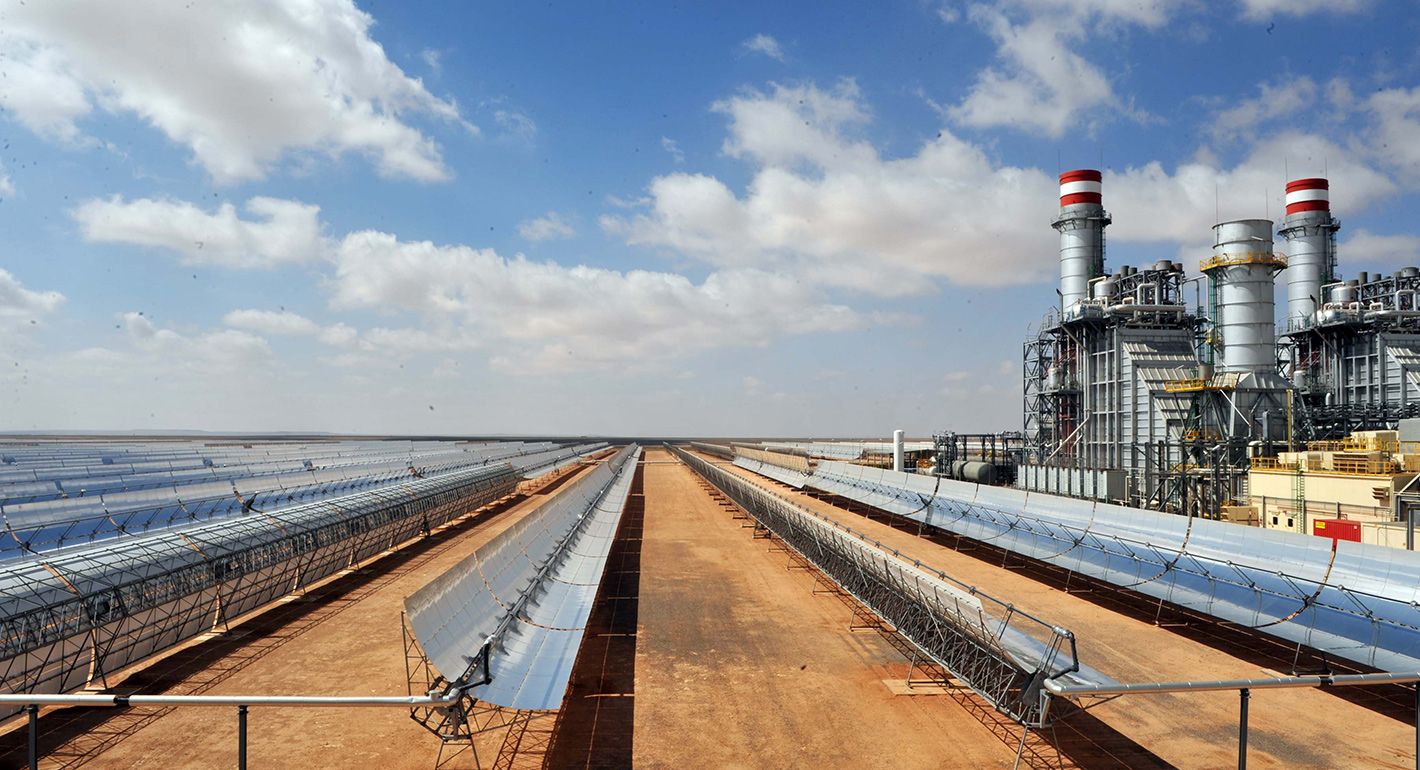The enduring competition between Morocco and Algeria has recently evolved into a strategic contest involving economic instruments, particularly in trade and energy sectors. Both nations are leveraging these tools to assert regional dominance in North and West Africa through power projection, alliance-building, and diplomatic maneuvering. This rivalry is creating overlapping spheres of influence with potential destabilizing effects.
Two significant consequences are emerging from this intensifying competition. First, tensions with European partners are rising, especially between France and Algeria, due to France’s recent endorsement of Morocco’s sovereignty claims over Western Sahara. This stance has reignited historical grievances rooted in colonial history. Second, increased volatility is evident in the Sahel region, where both countries attempt to shift the balance of power regarding the Western Sahara dispute.
Energy and trade have become central to both nations’ strategic ambitions. Algeria is positioning itself as a crucial player in Europe’s energy security by developing both green hydrogen production and fossil fuel supply capabilities. The country is using energy resources to strengthen political and economic ties with Italy and Germany while employing trade policy as a form of geopolitical leverage, particularly regarding food imports.
Morocco’s energy strategy focuses on ensuring domestic energy security and enhancing international standing through clean energy exports. The country has invested significantly in solar, wind, and hydropower over two decades, recently expanding into green hydrogen production. Morocco now ranks among Africa’s top five renewable energy producers and is leveraging its strategic location to attract investment.
The Ukraine conflict created an opportunity for Algeria to strengthen its position as a key European energy partner by filling the gap left by Russian gas supplies. This economic advantage has translated into political influence, particularly with Italy. A historic agreement between Algeria’s Sonatrach and Italy’s ENI increased gas exports from 22 to 31 billion cubic meters annually, making Algeria Italy’s primary gas supplier by 2024.
Morocco, while not a traditional energy powerhouse, has recognized new opportunities in the evolving energy geopolitics. The kingdom has accelerated renewable energy investments to secure its energy future and establish itself as a green energy hub. Morocco’s geographic advantage is being leveraged through initiatives like the Nigeria-Morocco Gas Pipeline, intensifying competition with Algeria.
Moroccan statecraft extends beyond energy. Migration control and infrastructure investment have become key negotiating tools with European partners. Spain’s 2022 endorsement of Morocco’s autonomy plan for Western Sahara was motivated by cooperation needs on migrant flows to Spanish territories. Similar diplomatic breakthroughs occurred with France in 2024 through investment agreements worth nearly $11.6 billion in transportation, renewable energy, and infrastructure.
The Western Sahara issue remains central to the Algerian-Moroccan rivalry, shaping both countries’ strategic calculations. For Morocco, international recognition of sovereignty over the territory is a national priority. Algeria supports the separatist Sahrawi cause as a matter of principle tied to anti-colonial solidarity.
New competitive dynamics have emerged in the Sahel region. Algeria is attempting to reshape regional alliances through a proposed Maghreb bloc excluding Morocco. Meanwhile, Morocco is expanding influence in West Africa and the Sahel through its Atlantic Initiative, aiming to provide landlocked countries direct access to global maritime trade.
The rivalry continues to expand geographically and strategically. Morocco has strengthened its position as a trade and energy hub, benefiting from growing international support for its Western Sahara autonomy plan. Algeria faces a receding diplomatic horizon, focusing on regional reorientation with mixed results.
The Western Sahara dispute remains the primary fault line between the two nations, with limited prospects for compromise. Competing ambitions in the Sahel and diverging alliances with external powers are more likely to fuel confrontation than foster cooperation. International partners must navigate this volatile landscape with strategic caution and nuanced diplomacy.
— news from Carnegie Endowment for International Peace
